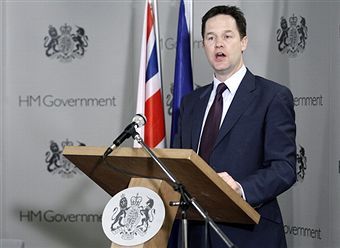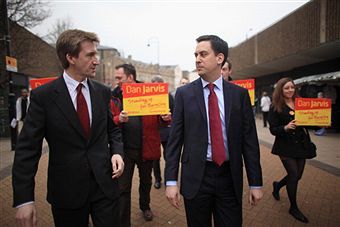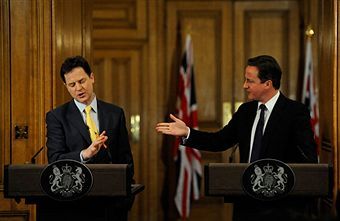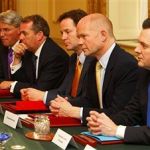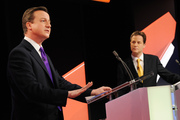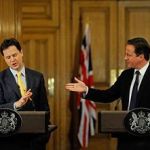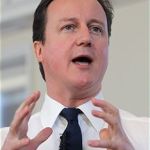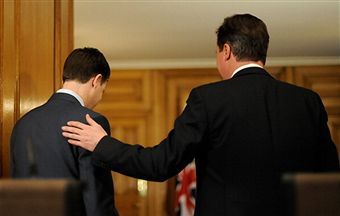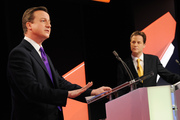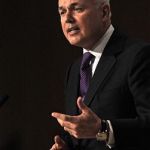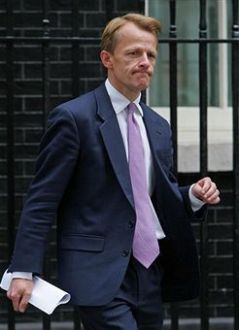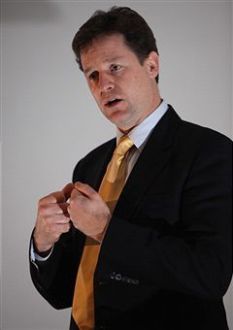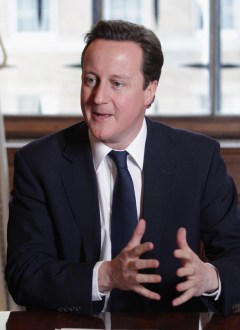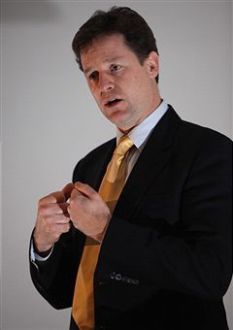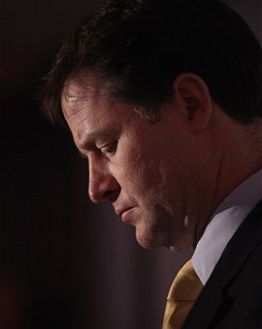Liberal hawks
From the moment David Cameron started agitating for a no fly-zone, he’s been looking for allies. France and Denmark look like they will support him, with Russia and India opposed and China perhaps willing to abstain at the United Nations. But what about closer to home, inside the coalition? Since the formation of the coalition, every policy has been tested by what will it do for relations between the parties? Oddly, however, there has been no such test about Libyan policy. Newspapers have not been writing about splits, differences and agreements. That may be because Lord Ashdown went on the Today Programme and voiced conditional support for a no-fly zone.
